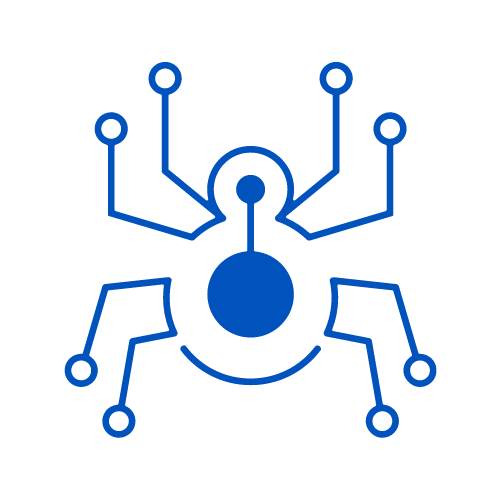Ethical Hacking: Understanding its Importance and Legality

Summary: Ethical hacking plays a crucial role in cybersecurity by identifying vulnerabilities before malicious hackers can exploit them. This article explores the ethical and legal considerations of hacking, emphasizing the distinction between ethical hacking (with permission) and illegal hacking activities. It also highlights the importance of responsible disclosure when vulnerabilities are discovered.
Introduction
In an era where data breaches and cyber threats are increasingly prevalent, the role of ethical hackers, also known as "white hat" hackers, is more vital than ever. These professionals use their skills to identify vulnerabilities and weaknesses in systems, much like malicious hackers. However, their work is conducted legally and ethically to improve security rather than exploit it. This article will explore the importance and legality of ethical hacking.
Importance of Ethical Hacking
The primary goal of ethical hacking is to identify and fix vulnerabilities before malicious hackers can exploit them. This proactive approach has several key benefits:
- Detecting vulnerabilities: Ethical hackers identify potential weaknesses in systems and networks that attackers could exploit.
- Preventing breaches: By identifying vulnerabilities and fixing them, ethical hackers prevent potential data breaches, saving organizations from financial loss and reputational damage.
- Compliance: Many industries require regular penetration testing and vulnerability assessments to comply with regulations. Ethical hackers help organizations meet these requirements.
- Education and awareness: Ethical hackers often provide training and awareness programs, educating employees about the importance of cybersecurity and promoting a proactive security culture.
Legality of Ethical Hacking
Ethical hacking is entirely legal, but it operates under strict guidelines. Unlike malicious hackers, ethical hackers have explicit permission to probe systems and search for vulnerabilities. Key aspects of the legality include:
- Permission: Ethical hackers must have clear, written permission to probe systems and agree to respect the privacy of any data seen during testing.
- Scope of Work: Before an ethical hacking engagement, there should be a clear understanding of the scope of work, including which systems can be tested and which testing methods are allowed.
- Reporting: Ethical hackers must document their findings and present them to the organization, typically including identified vulnerabilities and recommended remediation strategies.
Certifications and Learning Ethical Hacking
Ethical hackers often hold professional certifications that validate their skills. The most recognized certification is the Certified Ethical Hacker (CEH) offered by the EC-Council. Other notable certifications include Offensive Security Certified Professional (OSCP) and GIAC Penetration Tester (GPEN).
Many resources are available for those interested in learning ethical hacking, including books, online courses, and hands-on labs. Participating in Capture the Flag (CTF) competitions and using platforms like Hack The Box and TryHackMe for practical experience is also beneficial.
Conclusion
In conclusion, ethical hacking is a crucial element of modern cybersecurity efforts. Ethical hackers operate legally and ethically to identify vulnerabilities and protect systems from malicious actors. By understanding and respecting the principles of ethical hacking, aspiring hackers can significantly contribute to the safety and security of the digital world.





